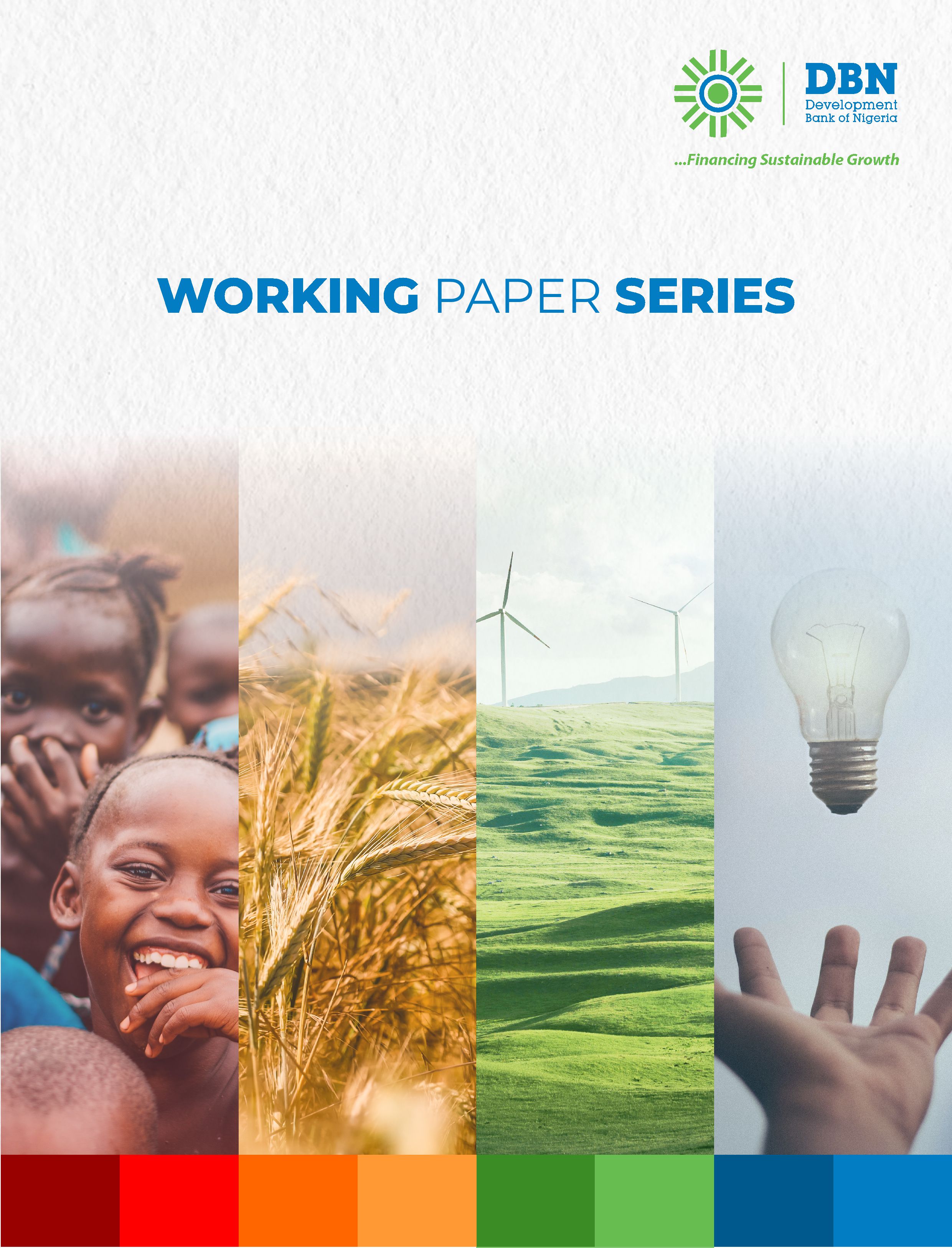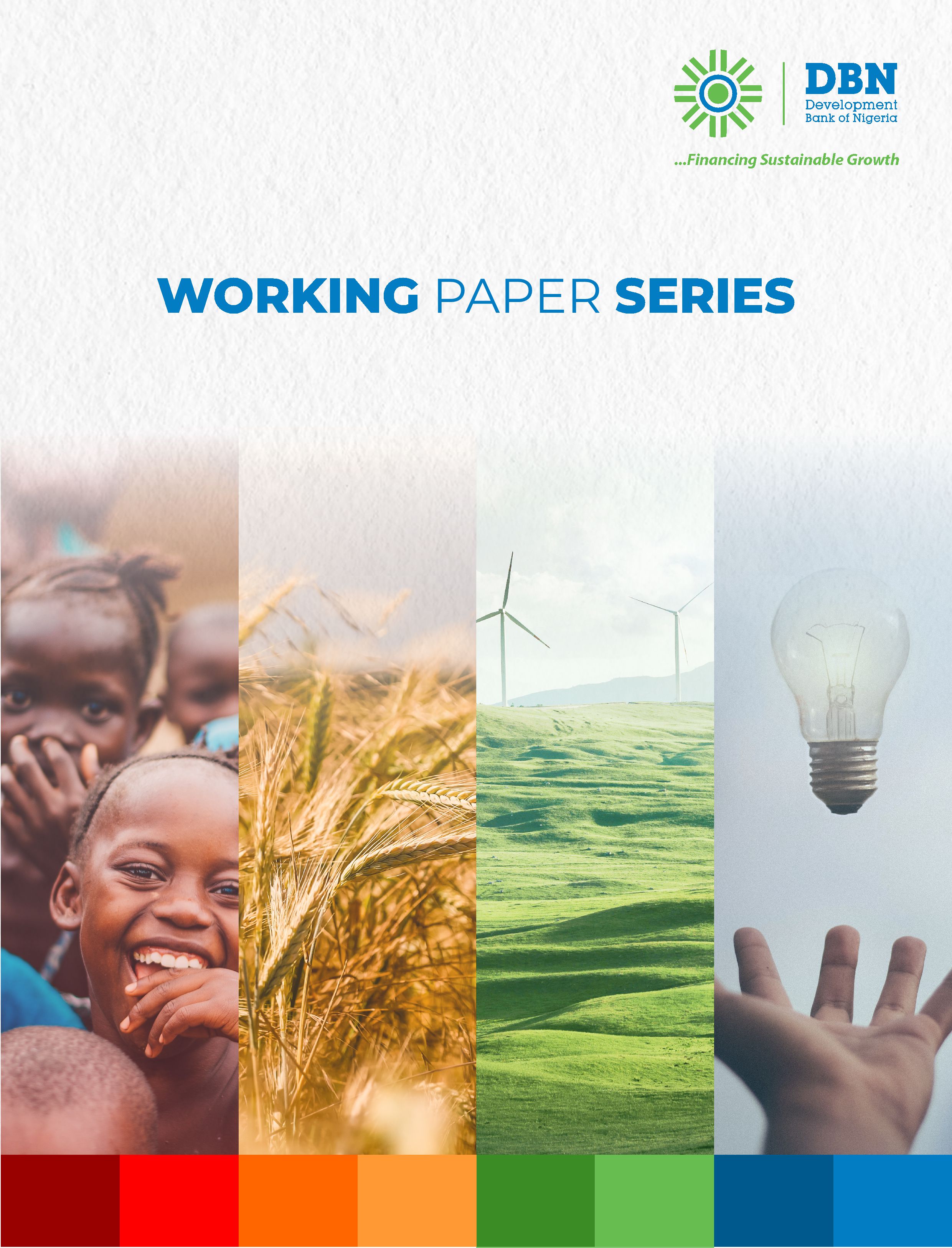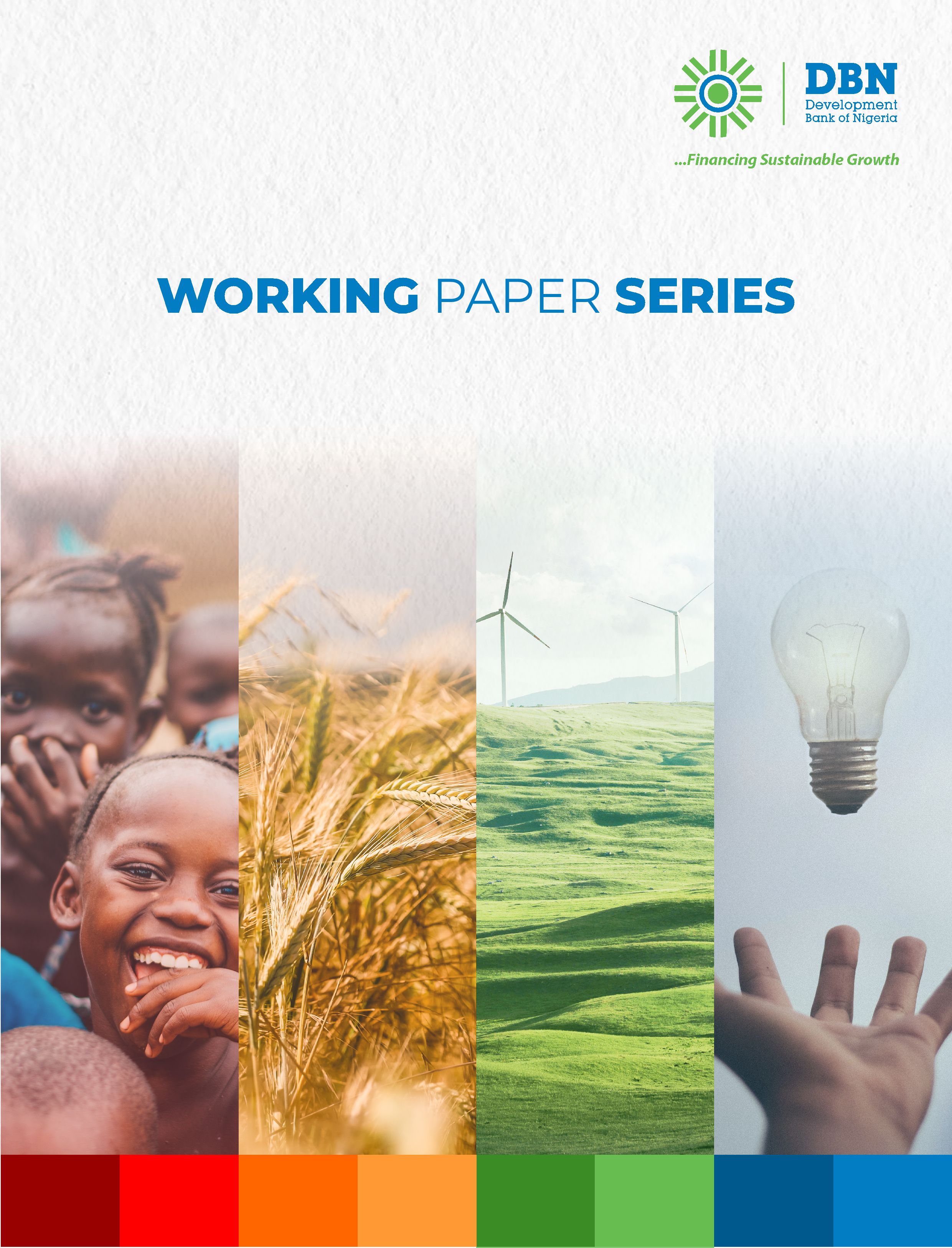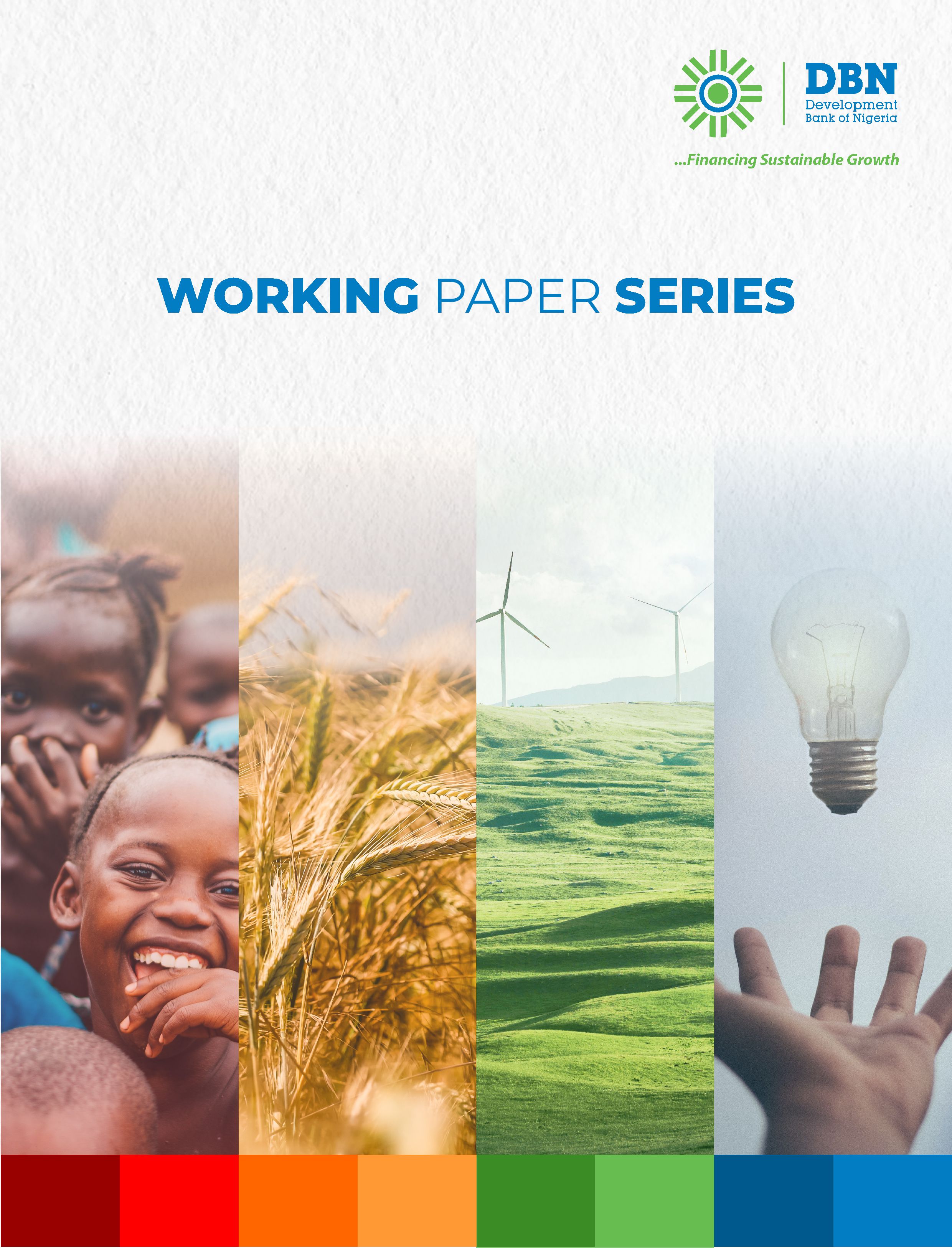
Publication Information
Published by: Admin
Published: 8 months ago
View: 196
Pages: 43
ISBN:
Abstract
Despite Africa's huge agricultural potential and natural resource abundance, the continent is paradoxically the most food import dependent and food unsecured in the world. Based on this paradoxical observation, this study seeks to analyze the effect of natural resources on food import dependence in a panel of 38 sub-Saharan African countries over the period of 2000 to 2020. The following findings are established. First, natural resource-dependent countries in Africa are associated with over-reliance on food dependence. Second, oil and gas rents significantly accentuate food dependence while mineral rent reduces dependence. We find that this situation is reversible, as liberal, egalitarian, deliberative and electoral democracies mitigate the effect of natural resources on food import dependence. These findings call for a rethinking of the food policy strategy in Africa. Therefore, we suggest that African governments should reduce their over-reliance on food imports by implementing food import substitution strategies. This can be done by investing part of the revenues from natural resources in agricultural infrastructures and by strengthening institutions, especially democracy.
Sylvain B. Ngassam
Simplice A. Asongu Prof
Sandrine G. Douanla
Related Publications

VOLUME 8 ISSUE 1 2025
The impact of public spending on water, sanitation and hygiene (WASH) adoption: Governance thresholds for complementary policies

VOLUME 8 ISSUE 1 2025
Not all that glitters is gold: financial access, microfinance and female unemployment in Sub-Saharan Africa

